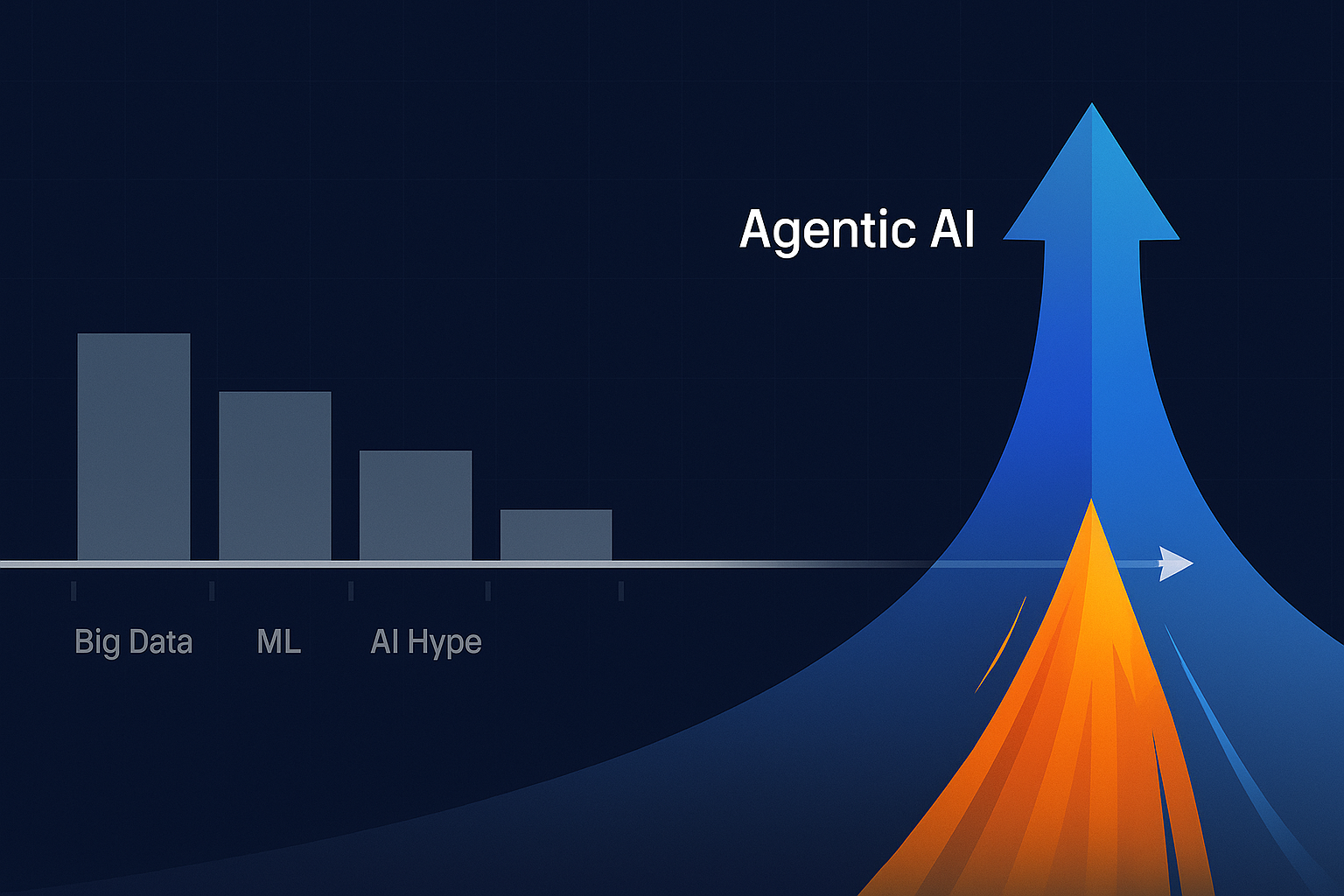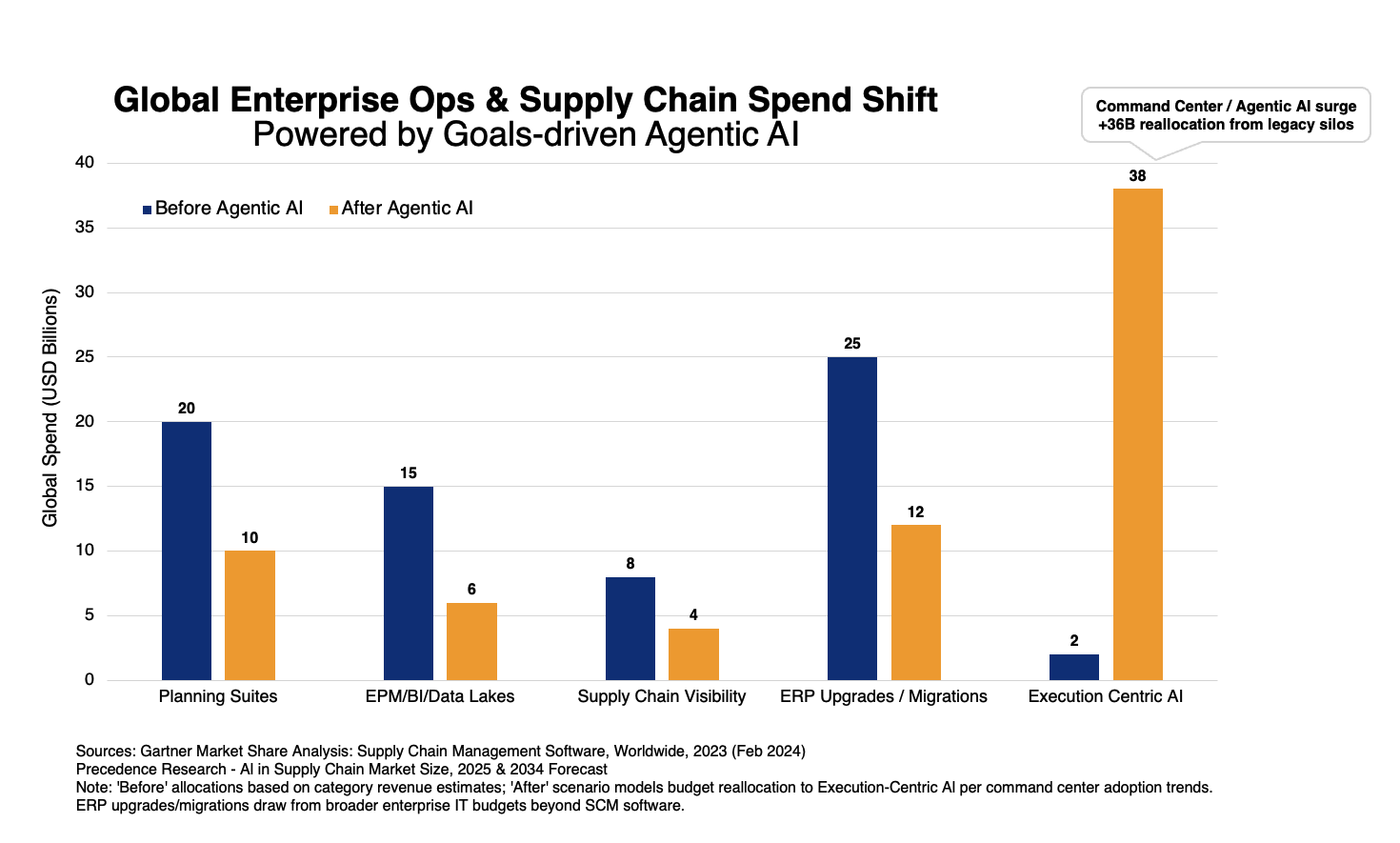De-risking Operational Intelligence Projects – The OpsVeda Way!

Amidst the blare of the US elections many of us probably didn’t notice the opening of Berlin’s new airport on 31-Oct. With its opening delayed by a good 9 years and budget overshot by $4 billion, the capital city’s airport stands out as an exception in a country reputed for engineering & planning excellence.
But hey… most of us are IT folks! Our folklore is littered with stories of delayed over-budget projects and their postmortem analyses. Many studies have confirmed the same. For example, McKinsey estimated that, “on average, large IT projects run 45 percent over budget and 7 percent over time, while delivering 56 percent less value than predicted.” I am sure you have come across other studies that are even less flattering.
In my previous post, I had talked about what business users can expect from OpsVeda 9.0. As promised, here is the brief on why 9.0 delivers for my IT friends too. Operational Intelligence projects span multiple departments and often have their footprints even outside the organization. This coupled with business complexity make them ripe candidates for cost & time overruns. This post is about how 9.0 can help you deploy an Operational Intelligence solution while avoiding your version of the Berlin airport story.
One of the first signs of trouble with the airport emerged after the foundation was laid. Apparently the architect had not made provisions for duty free stores that are big money spinners for major airports. Does that sound eerily familiar? Almost every study points to unclear requirements as the number one reason for IT project failures. The good news is that with OpsVeda 9.0 that won’t be the case. The requirements will be as clear as they can get.
You probably said, “That’s what everyone who writes requirements says.” Let me explain. With OpsVeda 9.0, IT managers will have a fully functioning system to refer to when they step in. The business users will have set it up with content available from the OpsVeda Solution Factory. Not just that, the data flow between the source systems and OpsVeda will have been automated with the help of RPA Bots. So, for IT the task will not be about evaluating the completeness of requirements. The primary task will be to review what is in place and identify areas to strengthen further with technical expertise.
Another common reason for delays and rework is technical complexity. In Operational Intelligence projects, this can be traced to two things – (1) data connections and (2) business rules. Fortunately with OpsVeda, IT has to deal only with the first one. The latter is taken care of by the Solution Factory content and the user-managed Rule Builder.
OpsVeda 9.0’s connectors are not merely technical conduits for exchange of data. They are also business aware. So, if you feel that Bots are not robust enough for certain data pulls the business team is doing, you don’t have to start from the schema of source systems. For major systems of record like SAP, Salesforce and Oracle Applications, OpsVeda 9.0 has connectors with the relevant data-points already mapped for functions like Fulfillment or Inventory or Supply or any other module that your users have chosen. That reduces the risk of building elaborate connections only to find that some key data-points got overlooked. And what happens if the users feel real-time updates will enhance the value of the solution? The RESTful event-based connectors support that too!
When the Berlin airport was about to be opened, the authorities noticed some conspicuous deficiencies. These were not accidental omissions but new expectations that evolved as the construction progressed – self check-in booths, cellphone charging counters etc. Again, something we IT folks are used to. By the time projects are completed, new requirements dawn and the goalpost gets moved. With 9.0’s Solution Factory, IT can easily respond to such requests and even offload the setup of these additional requirements to the business users – be it a new module or additional capabilities to an already existing module.
Finally, a word about technology choices. We recognize that a lot of thought goes in before an IT organization decides between proprietary and open source technologies. Whether it is a purist roadmap that sticks to what’s offered by one or more of the major players, or one that opportunistically cobbles together both tracks, OpsVeda 9.0 has everything to support the path your organization has chosen. The broader technology choices, especially databases, reduces project risk because you can pick the one most aligned to your roadmap and skillsets.
Still worried about your Operational Intelligence project going the Berlin Airport way? Drop us a line. We will be happy to walk you through the OpsVeda Way.






